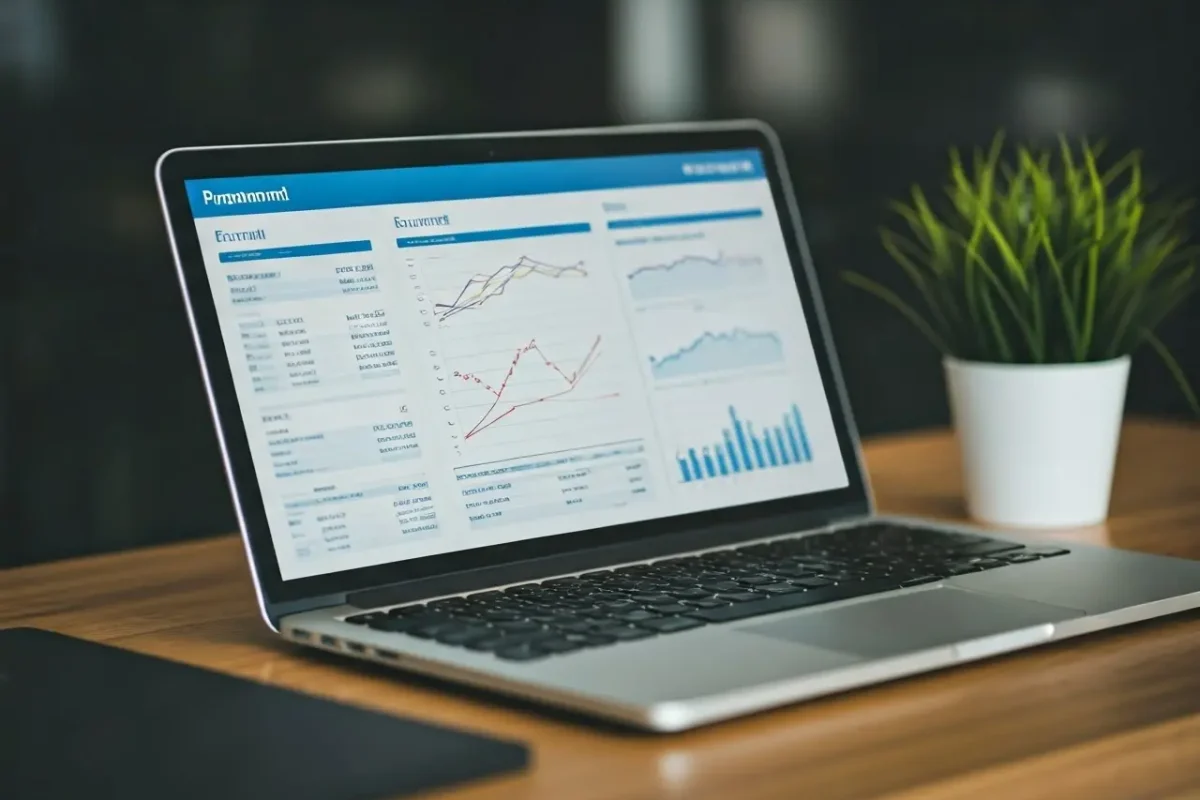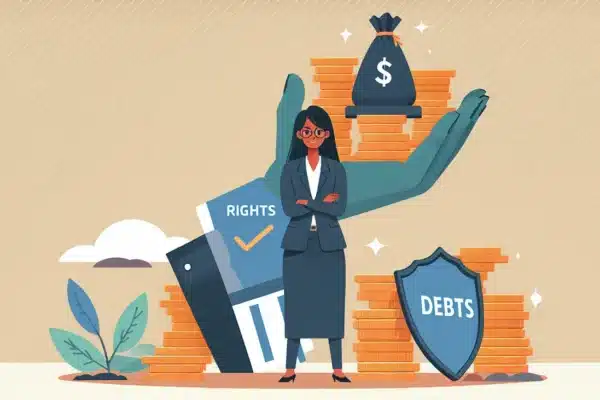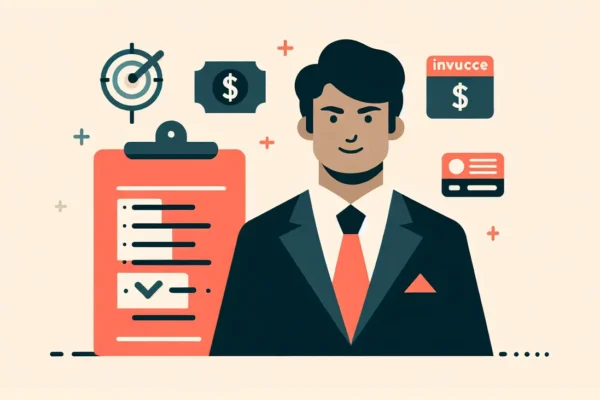Navigating the world of B2B debt collection can be challenging. In the UK, businesses need to approach this sensitive task strategically to ensure success and maintain strong client relationships. Let’s explore the best practices for effective B2B debt collection in the UK.
Understand the Legal Framework
Familiarizing yourself with the UK’s legal framework is crucial to successful B2B debt collection. Every business must navigate the intricate labyrinth of laws crafted to maintain fairness and ensure ethical practices. Key among these is the Late Payment of Commercial Debts (Interest) Act 1998, which allows businesses to charge interest on late payments. This law sets the foundation for ensuring businesses have a go-to recourse in cases where payments are delayed beyond the agreed terms. While knowing the law can seem daunting, it acts as a powerful shield, safeguarding your business interests.
The legal landscape isn’t just about protecting the creditor. Remember, there are laws to prevent the harassment of debtors too. Regulatory bodies such as the Financial Conduct Authority (FCA) provide a framework that governs how businesses should conduct their debt collections. While primarily aimed at consumer debt, many of these principles apply to B2B collection, especially concerning fair treatment. Your goal should always be to maintain the delicate balance between assertive collection practices and ethical treatment of your collaborators.
Gain an edge by understanding distinctive aspects of the UK laws related to debt recovery. For instance, one rarely considered angle is the potential benefit of Alternative Dispute Resolution (ADR), which can be less costly and less adversarial than going to court. ADR includes mediation and arbitration aimed at resolving disputes without litigation. This is a strategic approach that not just ensures compliance, but potentially saves on costs and preserves relationships. Learning the nuances of these legal instruments empowers businesses to approach debt collection with confidence and competence.
Establish Clear Payment Terms
Setting unambiguous payment terms is arguably the first line of defence in B2B debt collection. It’s essential to detail when payments are expected, the penalties for late payments, and any discounts for early payment, thereby reducing the chances of misunderstandings. From the outset, clear communication should be prioritised, ensuring that both parties are aligned in their expectations.
In addition to laying out the groundwork, consider incorporating flexible payment options to accommodate clients’ situations. This can take the form of installment plans or varying deadlines based on specific client circumstances. Not only does this cater to the debtor’s needs, but it reinforces a collaborative relationship, enhancing the likelihood of successful collections.
Implement a Consistent Collection Process
Creating a comprehensive, consistent debt collection process is vital to ensure that every step taken aligns with your business policy. Begin with a schedule for follow-ups and reminders, increasing communication intensity as time progresses without payment. Initiate with friendly reminders and gradually escalate to more formal communications.
Technology can offer immense support in maintaining a structured approach. Using software to automate invoicing and reminders can minimize human error and enhance efficiency. This technology-driven approach allows your team to focus more on strategy and negotiation rather than getting tangled in operational details. Indeed, leveraging such resources is crucial for businesses aiming to streamline their receivables management.
Maintain Open Communication
Open lines of communication are integral to debt recovery success. A significant aspect of this is listening to your client’s perspective. Taking the time to understand their financial constraints can uncover solutions beneficial to both parties. Establish a routine for check-ins where concerns can be voiced openly, facilitating degrees of trust and cooperation.
It’s also wise to document all interactions. Records of conversations, letters, emails, or any attempts to reach an amicable agreement act as your support system. These documents are not just evidence of your professionalism, but essential tools should you need to escalate to legal proceedings.
For more detailed steps on maintaining efficacious communication channels and collection methods, be sure to visit our thorough guide on Business debt recovery tips. Here, you’ll find plenty of practical insights tailored to improving your engagement strategies and protecting vital client relationships.
Know When to Seek Professional Help
Recognizing when to seek expertise beyond your in-house capabilities is crucial. External debt collection agencies are equipped with specialized skills and technology that can significantly augment your collection efforts. Such agencies often adopt tailored approaches, accommodating different debtor profiles and fostering cooperative relationships.
When internal attempts are exhausted, the timely involvement of a professional service can mean the difference between recovery and write-off. Reputable agencies conduct collections ethically, maintaining your business’s reputation and client rapport. Opting for recognized agencies can enhance recovery rates while positioning your business operations for continued success.
Keep in mind that not all problems need outside help immediately. Collaborate with your debtors initially, leveraging negotiation tools and alternative plans like phased payment schemes. When such strategies fall short, entrusting your concerns to professional agencies can indeed serve as a catalyst for reclaiming debts efficiently. Dive deeper into the nuances of effective business partnerships in this realm through our strategies for successful commercial debt collection.
Remember, debt recovery plays a pivotal role in maintaining your company’s financial integrity. For additional support, our team at WorkCap is here to provide guidance tailored to your specific needs. We encourage visits to our homepage to explore our services and discover how we can assist in navigating debt collection intricacies.
Wrapping Up Our Guide to B2B Debt Collection
By adopting these best practices, UK businesses can enhance their B2B debt collection efforts, maintain positive client relationships, and improve cash flow. Remember, effective communication and a professional approach are key to success.







